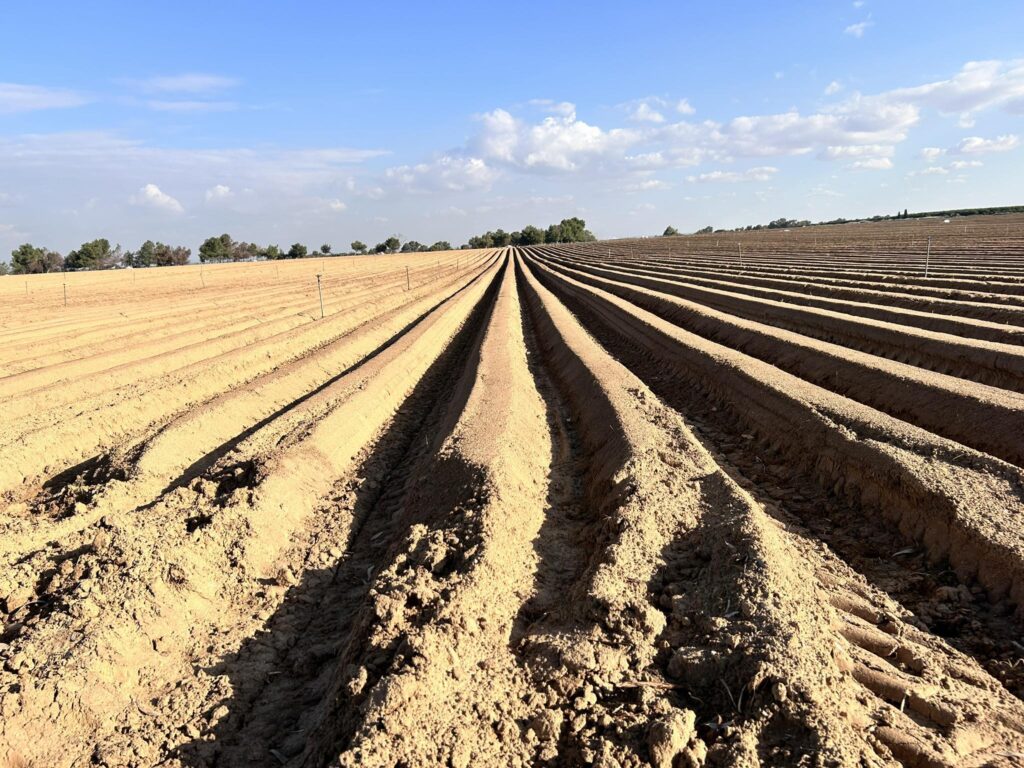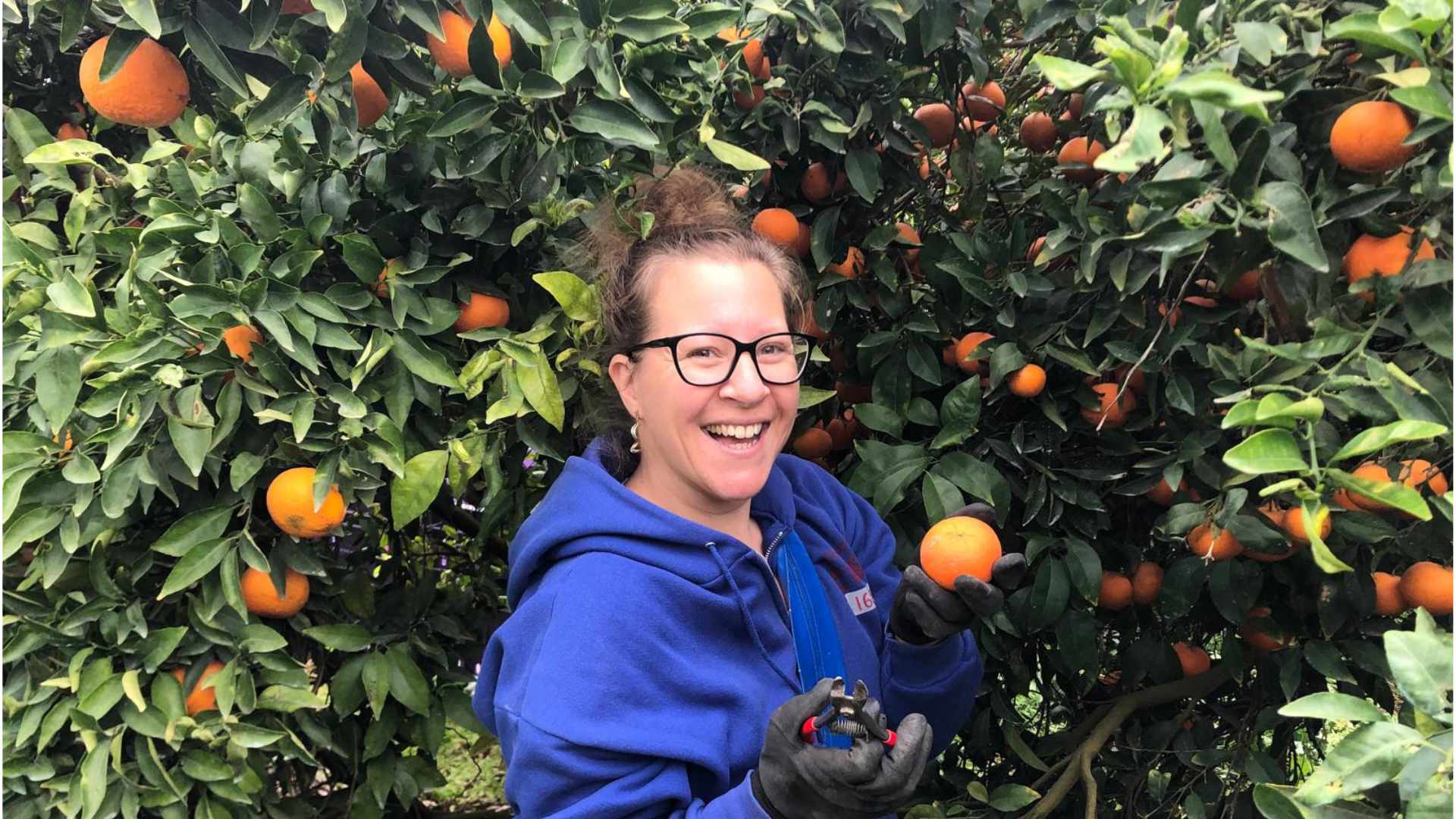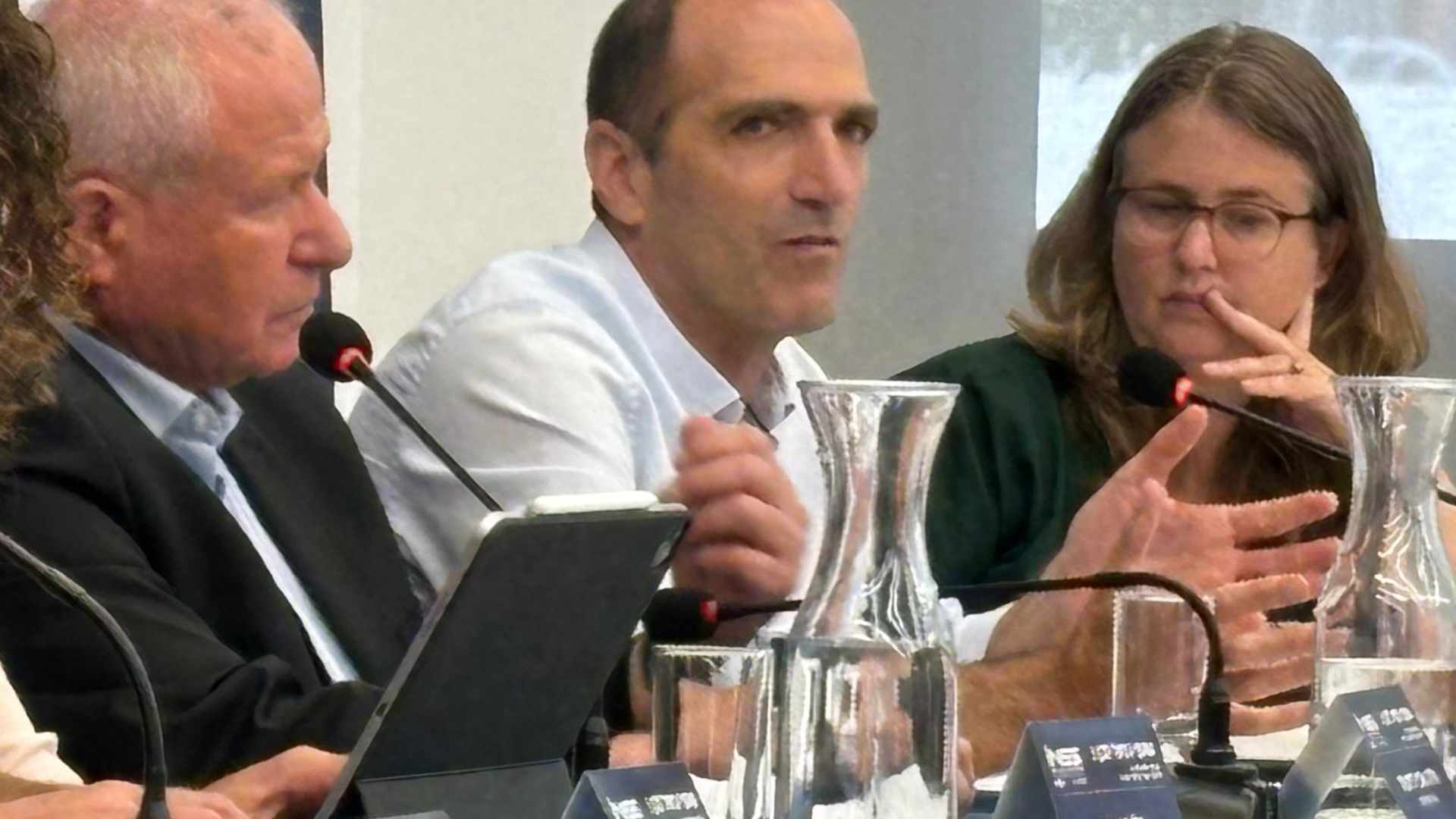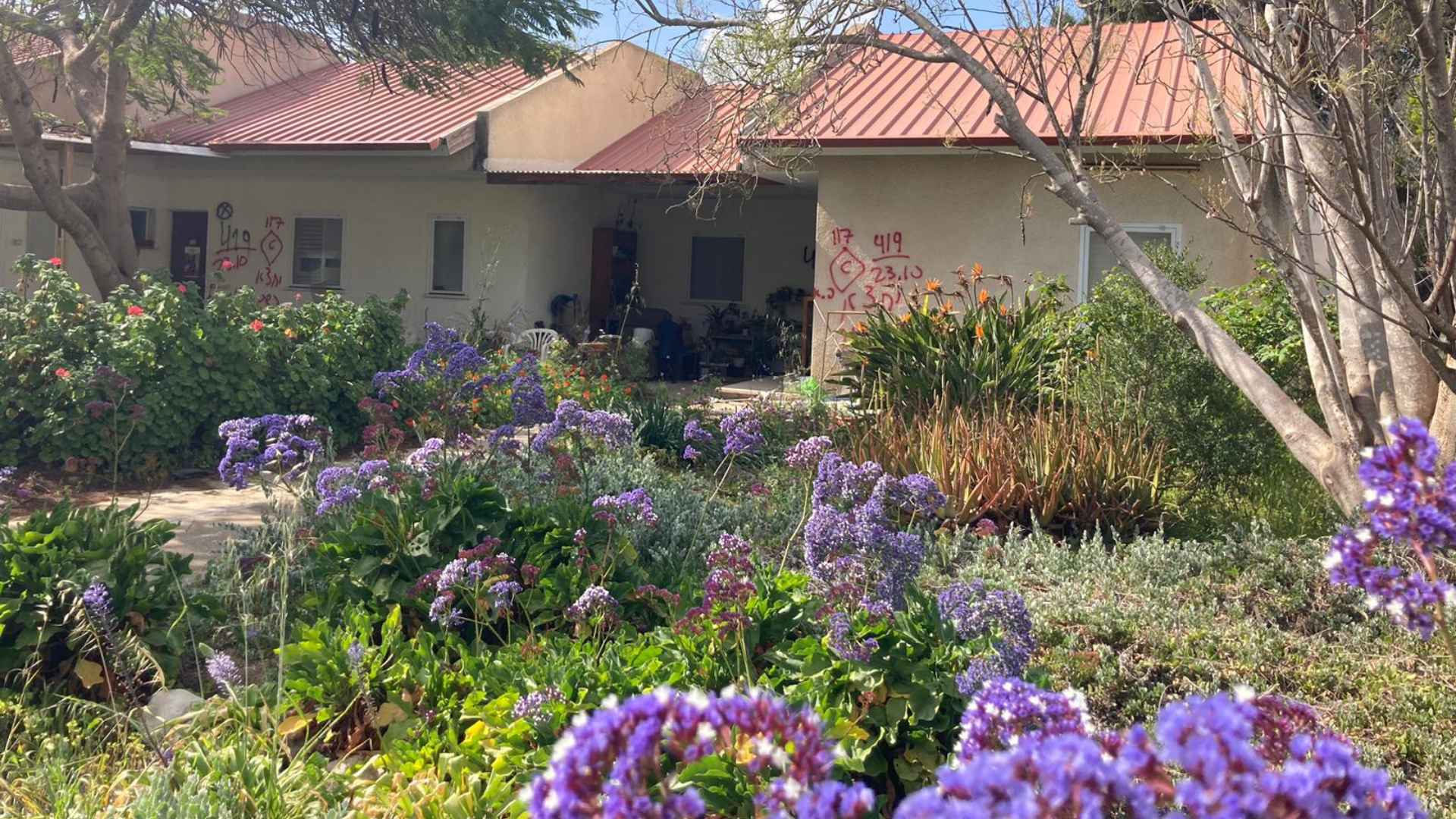The region formerly known as Otef Aza, and now known as Tkuma, is the breadbasket of the State of Israel. About 75% of our tomatoes are nurtured there, 20% of fruit and 6% of milk, according to the Israel Farmers Association. Rehabilitating the land, the greenhouses and the plantations is a huge and vital task, fraught with problems and challenges.
Adam Teva V’Din is calling for a holistic approach to restoring agriculture in line with its importance to national food security and to the local economy. Our recommendations to the Tkuma Directorate, the new government agency that will plan and lead the restoration of Israel’s of agricultural heartland, combine short- and long-term needs of the area, including:
- National Priority: Israeli agriculture should be designated as a national priority not only for the immediate restoration of the war-disrupted present, but as a long-term factor in Israel’s environmental, social and economic development. Relating to agriculture as a National Priority will accelerate funding and support mechanisms that farmers need to produce their crops and to achieve food security for Israel, including solutions for a stable supply of local labor to replace reliance on workers from Thailand.
- Marketing & Promotion: Consumers must be incentivized to choose Israeli fruit and vegetables over imports from other countries. First steps have been taken in rebranding and encouraging ‘buying Blue & White’, and this approach should be institutionalized for the long term and not only as a response to the current emergency.
- Sustainability & Climate Resilience: All actions relating to agriculture should be seen through the prism of sustainability and climate resilience. This calls for prioritizing environmental protection, reducing reliance on chemical pesticides, and science-based programs to build resilience to droughts, floods and other climate crisis impacts.






